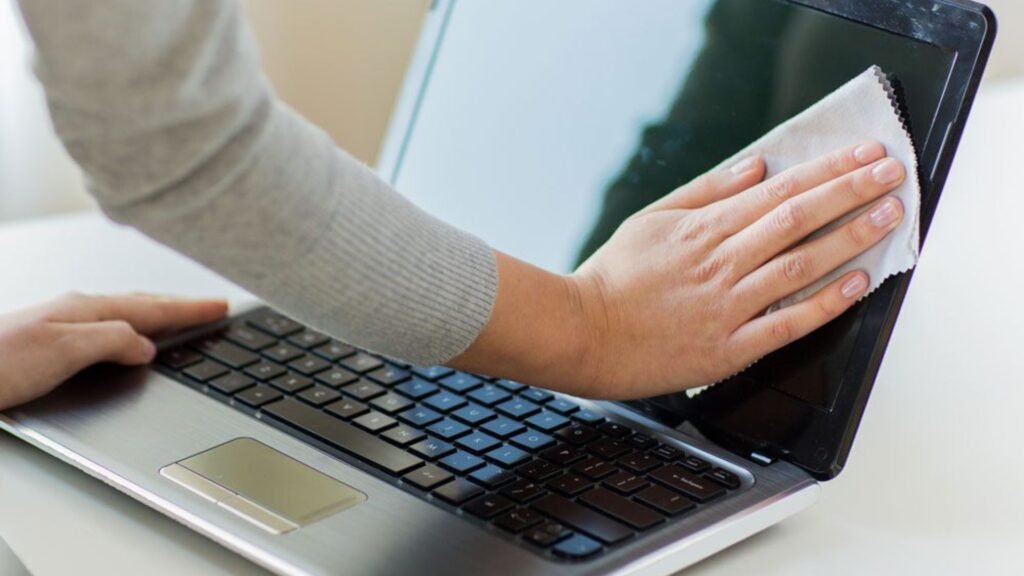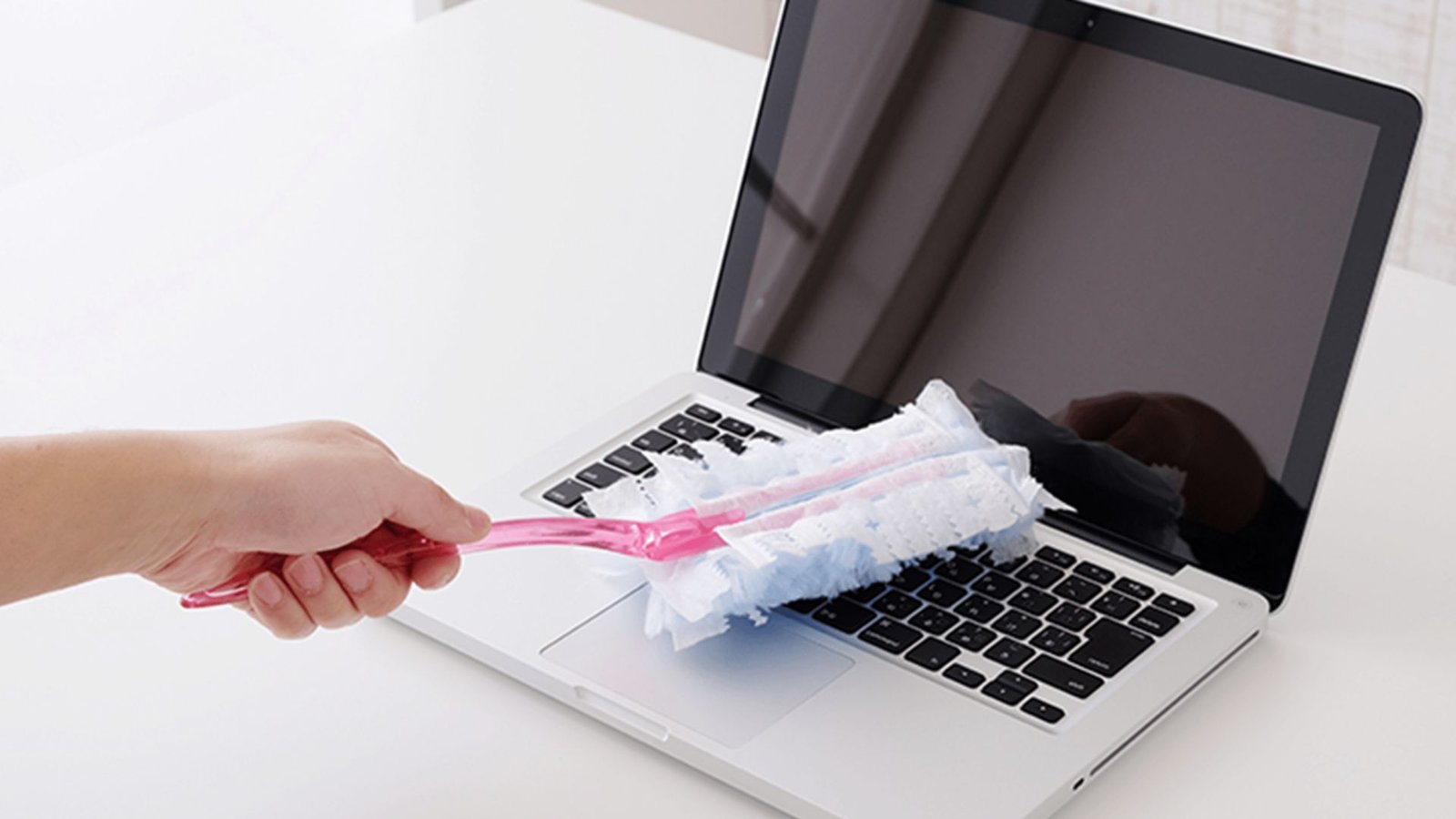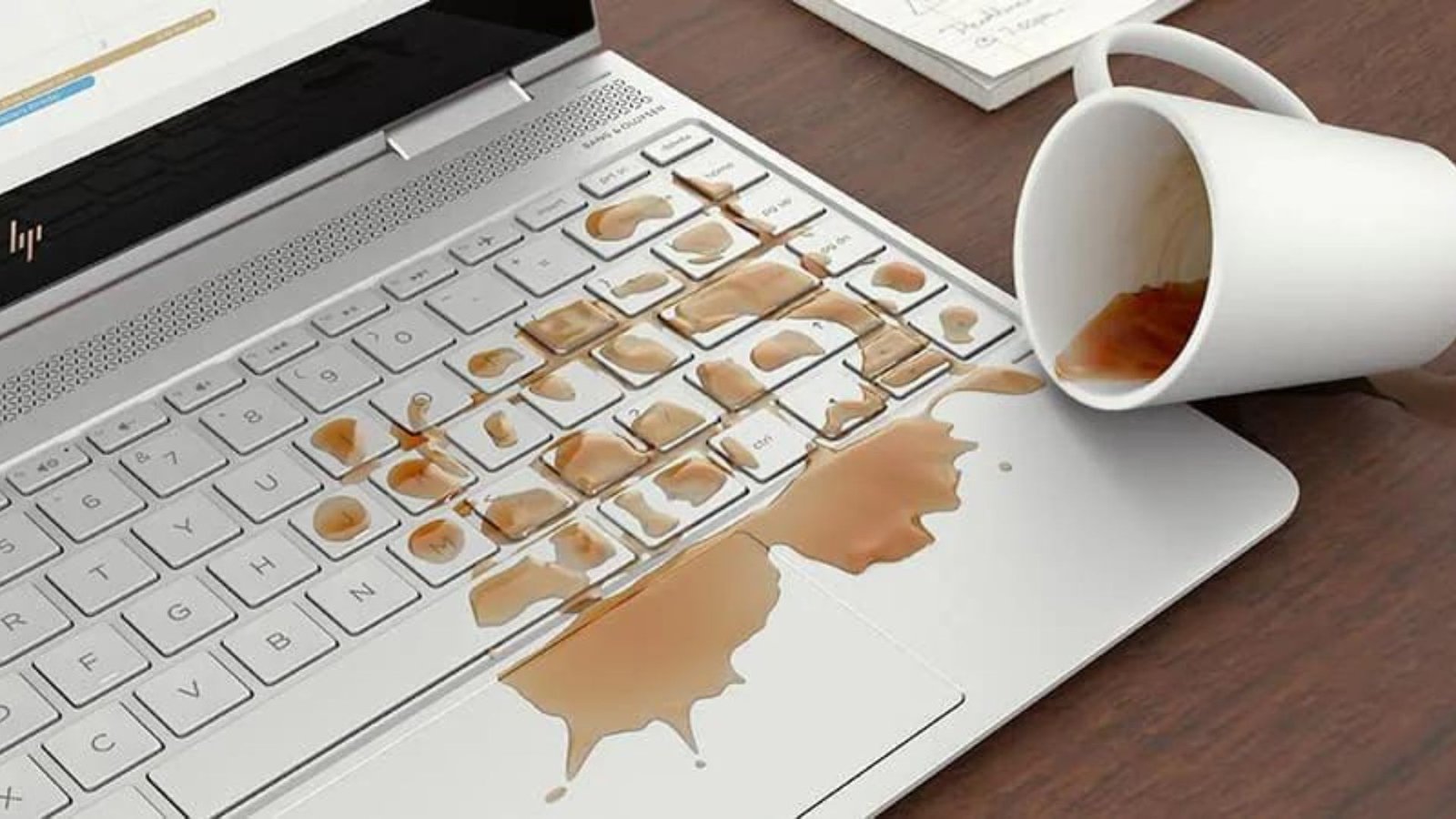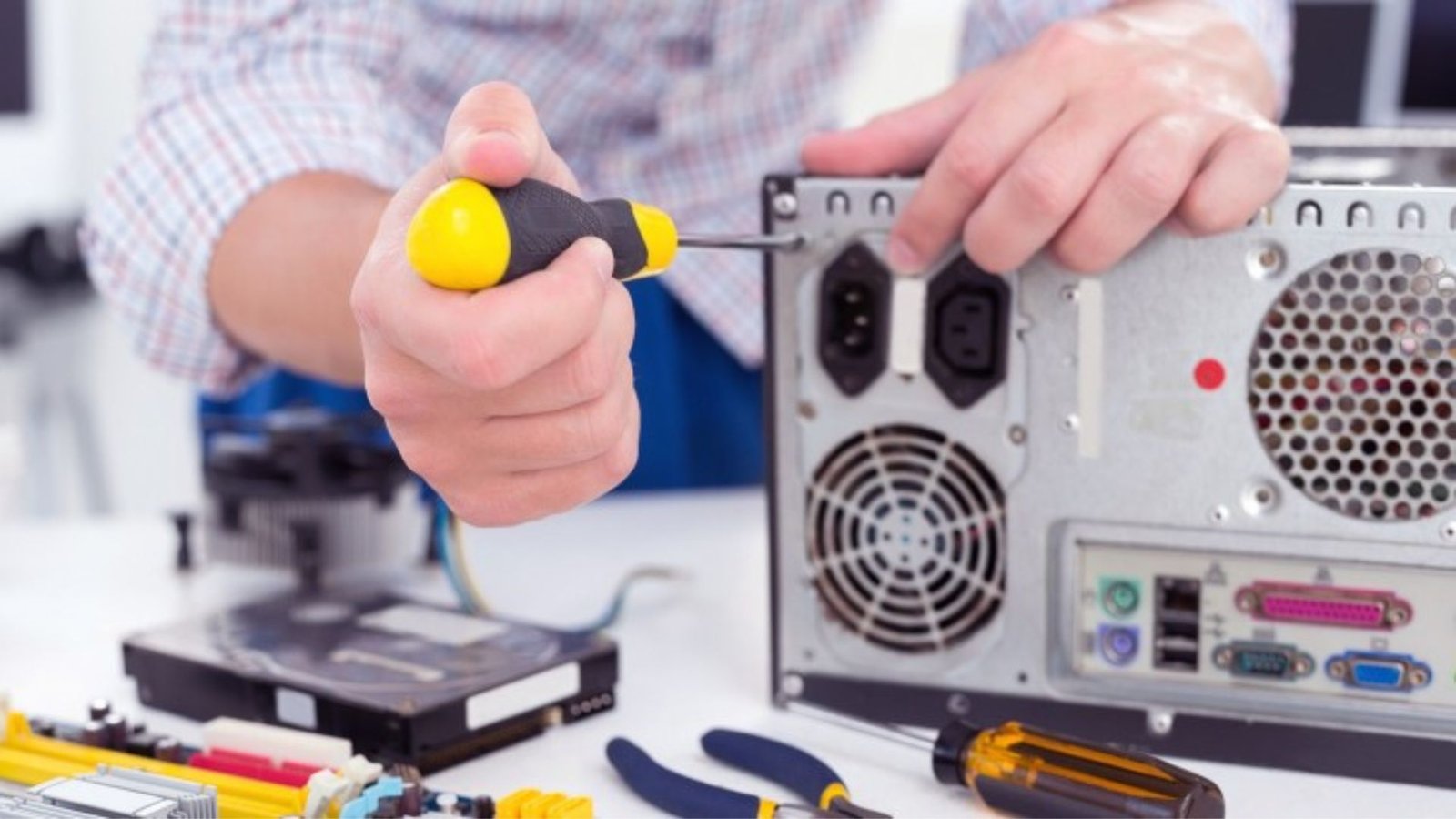Regular maintenance is crucial for keeping your personal computer in top shape. Proper care can prevent issues, enhance performance, and extend the life of your PC. Understanding how to maintain your personal computer helps you avoid costly repairs and ensures a smooth computing experience.
By following a few simple steps, you can keep your computer running efficiently.

Keep Your Software Updated
One of the most important aspects of how to maintain your personal computer is keeping your software up to date. Software updates often include security patches and performance improvements.
- Operating System: Regularly check for and install updates for your operating system, such as Windows, macOS, or Linux.
- Applications: Update your applications and programs to the latest versions to benefit from new features and bug fixes.
- Drivers: Ensure that your hardware drivers are up to date for optimal performance.
Keeping your software updated helps protect your computer from vulnerabilities and ensures that it runs smoothly.
Perform Regular Virus Scans
To maintain your personal computer’s health, it’s essential to perform regular virus scans. Viruses and malware can slow down your computer and cause various issues.
- Install Antivirus Software: Use reputable antivirus software to protect your computer from malware and viruses.
- Run Scans: Schedule regular scans to detect and remove any threats.
- Keep Definitions Updated: Ensure that your antivirus definitions are up to date to recognize the latest threats.
Regular virus scans help protect your computer from harmful software and ensure that it operates efficiently.
Clean Your Computer Physically
Physical maintenance is also a key part of how to maintain your personal computer. Dust and debris can accumulate inside your computer, causing overheating and other issues.
- Clean the Exterior: Wipe down the exterior of your computer with a soft, dry cloth to remove dust and fingerprints.
- Dust the Interior: Periodically open your computer case and use compressed air to blow out dust from components like fans and heat sinks.
- Keep Vents Unblocked: Ensure that ventilation ports and fans are free from obstructions to maintain proper airflow.
Keeping your computer clean helps prevent overheating and maintains its overall performance.
Backup Your Data Regularly
Data loss can be catastrophic, making it crucial to backup your files regularly. Here’s how to maintain your personal computer with effective data backups:
- Use Backup Software: Employ backup software to automate the process of backing up your data.
- External Storage: Store backups on external hard drives or USB drives for additional safety.
- Cloud Storage: Consider using cloud storage services to keep your data secure and accessible from anywhere.
Regular backups protect your important files and make it easier to recover from unexpected data loss.
Manage Your Storage Space
Proper management of your computer’s storage is essential for maintaining its performance. Over time, your storage can become cluttered with unnecessary files.
- Uninstall Unnecessary Programs: Remove programs and applications that you no longer use.
- Delete Temporary Files: Regularly clean out temporary files and system caches to free up space.
- Organize Files: Keep your files organized and delete duplicates to optimize storage.
Managing storage space helps your computer run more efficiently and prevents performance slowdowns.
Check and Manage Startup Programs
Startup programs can affect your computer’s boot time and overall performance. Managing these programs is an important part of how to maintain your personal computer.
- Disable Unnecessary Startup Programs: Use the Task Manager (Windows) or System Preferences (macOS) to disable programs that you don’t need to start automatically.
- Review Regularly: Periodically check your startup programs and adjust as needed.
By managing startup programs, you can improve boot times and ensure that your computer runs smoothly.
Conclusion
Maintaining your personal computer involves keeping your software updated, performing regular virus scans, and cleaning both the exterior and interior of your PC. Regular backups, efficient storage management, and controlling startup programs are also crucial steps. By following these guidelines on how to maintain your personal computer, you can ensure optimal performance, extend its lifespan, and protect your valuable data.











